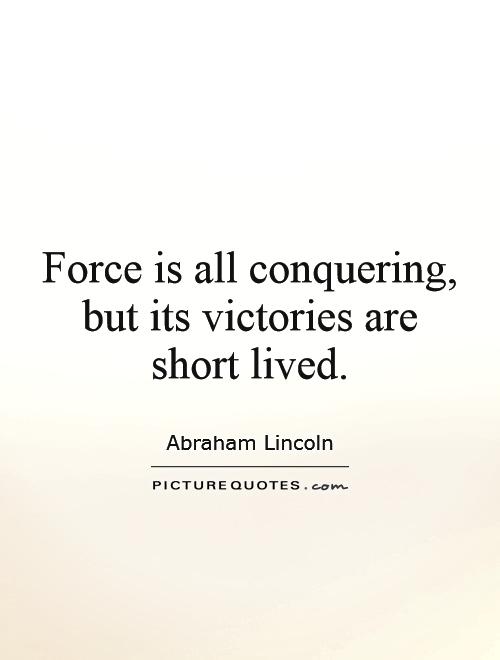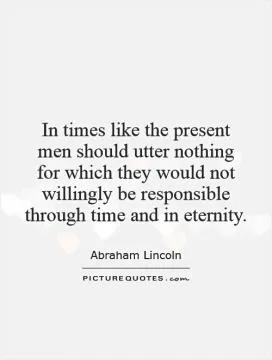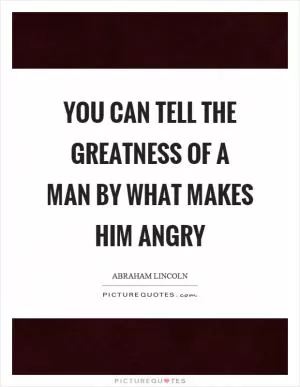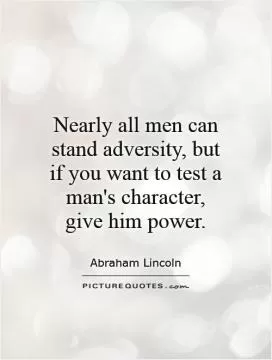Force is all conquering, but its victories are short lived

Force is all conquering, but its victories are short lived
Abraham Lincoln, the 16th President of the United States, is a prime example of how force may conquer in the short term, but true victory lies in the power of compassion, empathy, and understanding. Lincoln's leadership during one of the most tumultuous times in American history, the Civil War, exemplifies this idea.During the Civil War, Lincoln faced the daunting task of preserving the Union and ending the institution of slavery. While force was certainly a necessary component in achieving these goals, Lincoln understood that true victory would only come through reconciliation and unity. He famously stated in his second inaugural address, "With malice toward none, with charity for all, with firmness in the right as God gives us to see the right, let us strive on to finish the work we are in, to bind up the nation's wounds."
Lincoln's approach to the war was not solely focused on defeating the Confederacy through military force. He also sought to heal the deep divisions that had torn the country apart. Through his Emancipation Proclamation and his push for the passage of the 13th Amendment, Lincoln worked to end the institution of slavery and bring about a more just and equitable society.
In the end, Lincoln's victories were not short-lived because they were not solely based on force. His legacy lives on in the form of a united nation and a commitment to equality and justice for all. While force may have been necessary to achieve these goals, it was Lincoln's compassion and empathy that ultimately secured his place in history as one of the greatest leaders the United States has ever known.












 Friendship Quotes
Friendship Quotes Love Quotes
Love Quotes Life Quotes
Life Quotes Funny Quotes
Funny Quotes Motivational Quotes
Motivational Quotes Inspirational Quotes
Inspirational Quotes